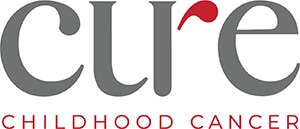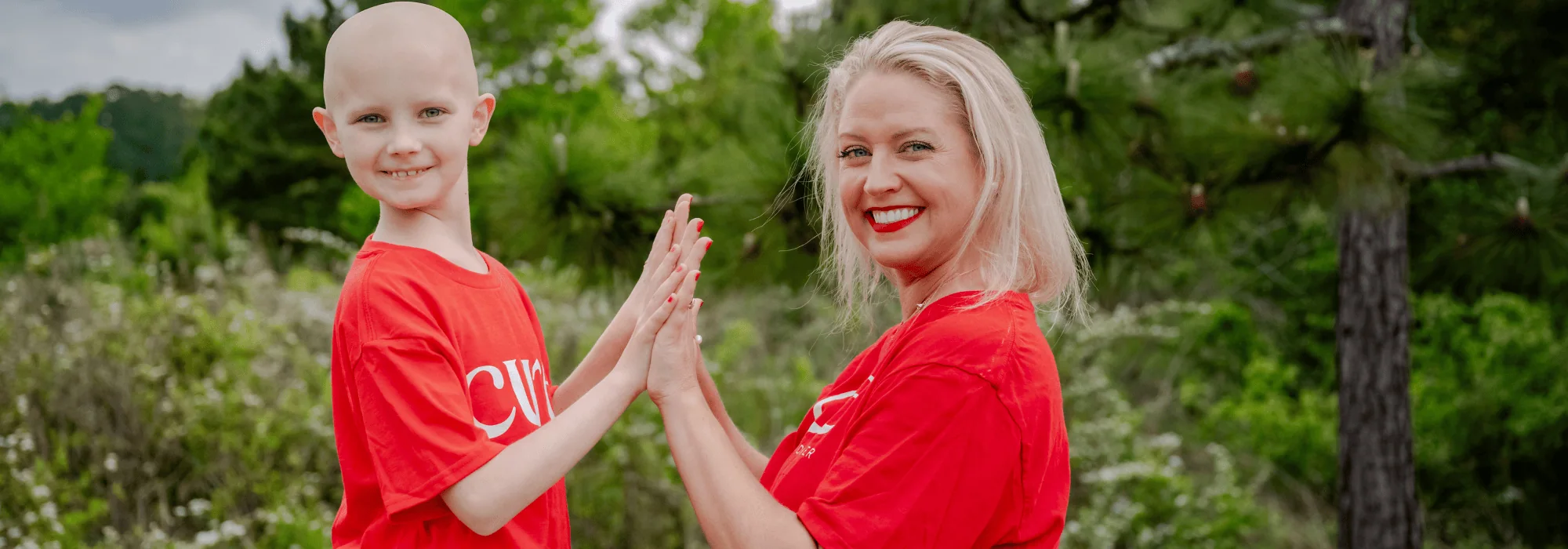Facing cancer is an immense challenge for anyone, but for children, it means grappling with their health at an age meant for dreams of being a princess or a superhero. For their parents, it is a terrifying ordeal to witness the effects of treatment. To say the least, it is a traumatic experience for both parents and children.
Childhood cancer and other childhood illnesses can have a significant impact on a child’s behavior and how parents respond to their child. Children with cancer are at risk for a range of behavioral challenges, short-term and long-term. Effects of childhood cancer can interfere with development, social skills, and self-esteem. Childhood cancer can also increase the risk of developing anxiety and depression.
Parent-Child-Interaction Therapy (PCIT), a treatment developed over 30 years ago for children and families, has been researched to discover how it may benefit families of young children with cancer or chronic illness. PCIT was originally developed for children ages 2-7 with behavioral challenges. Sessions are conducted with the child and the parents. The parents learn therapeutic interventions that have a high success rate in helping children to become more cooperative and behave in ways that are socially acceptable. Over the years, PCIT and adaptations to PCIT have been studied and shown effective for more than behavioral issues. PCIT and adaptations to the treatment have been shown to be effective for anxiety, depression, trauma, ADHD, and children with Autism Spectrum Disorder.
Specifically for children with cancer or chronic illnesses, PCIT helps children feel safe and connected to their caregivers. PCIT offers the child a break from constant focus on their treatment and helps children manage their fears and anxiety about doctor’s visits or home treatments. PCIT empowers parents and gives them the reassurance they need to maintain consistent and firm discipline using effective strategies to manage their child’s behavior. Many parents find it difficult to set limits with their children because they feel the urge to protect their fragile child from any consequences. PCIT can provide a sense of normalcy for the child and provide the structure that is needed for the child to recover not just physically but emotionally from such a harrowing experience as cancer.
Parent-Child Interaction Therapy is the gold standard of treatment for children with behavioral issues. However, new research shows that trained clinicians can adapt the protocol to meet the needs of children with cancer or recovering from cancer, providing treatment at home or in hospital settings. PCIT is a valuable intervention to build resiliency in children and mitigate the long-lasting effects of cancer or other chronic illnesses.
Terresha Anthony, LCSW
PCIT Trained Clinician

Terresha practices at the Summit Counseling Center and is an in-network provider for CURE’s Counseling Program. Terresha’s professional focus revolves around the intricate dynamics of relationships. Specializing in Parent-Child Interaction Therapy (PCIT), allows Terresha to help children between the ages of 2-7 with emotional and behavioral challenges. PCIT merges play therapy and behavioral techniques while actively involving parents in the therapeutic process. Terresha received her Master of Social Work and a Bachelor of Social Work from Georgia State University. Her professional background spans from developing comprehensive case plans for children in foster care to developing programs to support women experiencing homelessness. Beyond her counseling endeavors, Terresha finds joy in the simple pleasures of life, cherishing moments spent with her husband of 18 years, enjoying outdoor activities like hiking and biking, and savoring a cup of excellent coffee. Through her multifaceted experiences, Terresha embodies relatability and empathy, striving to make a meaningful impact in the lives of those she encounters.




